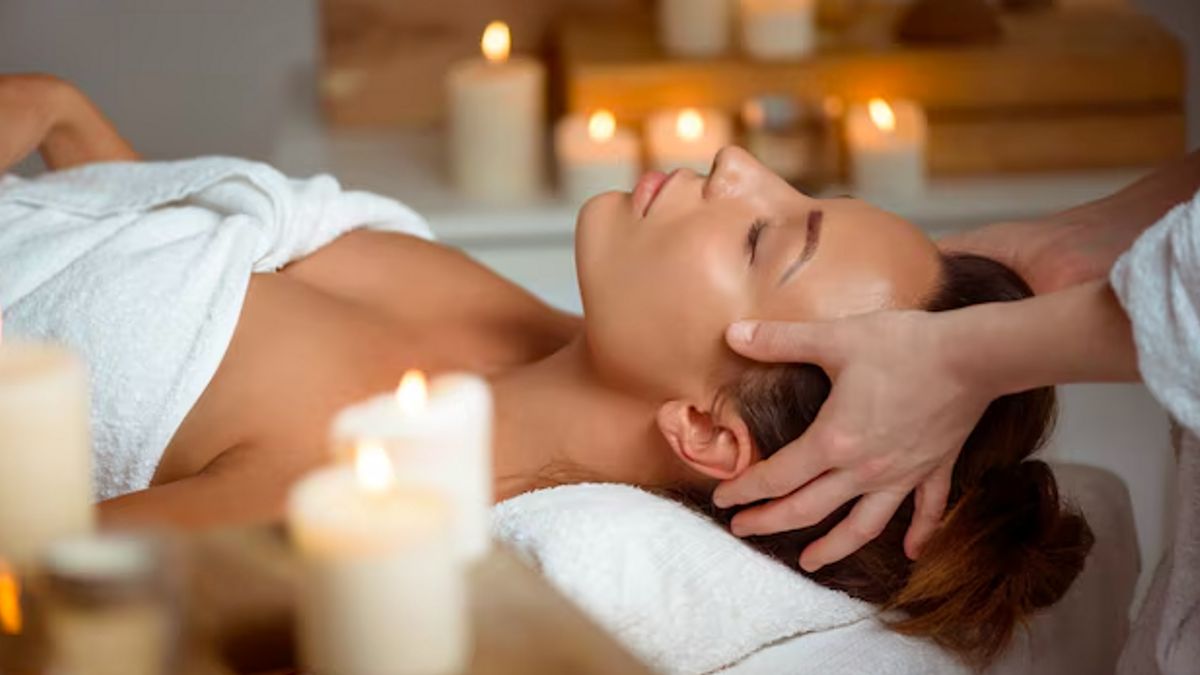JAKARTA - Spa is well known as a form of traditional health service that aims to provide benefits of relaxation and body care.
Generally, spas offer body care and relaxation aimed at improving physical, mental, and emotional health. This activity often uses traditional and modern approaches, such as steam baths, massages, aromatherapy, skin care, and water therapy, to provide health benefits.
However, this perception was disturbed when spa services were categorized as entertainment in Article 55 paragraph (1) letter I of Law Number 1 of 2022 concerning Financial Relations between the Central Government and the Regional Government (UU HKPD).
Under these rules, spas are considered the equivalent of entertainment venues such as discotheques, karaokes, nightclubs, and bars, which raise concerns about misinterpretation of the true function of spa services.
Through Decision Number 19/PUU-XXII/2024, the Constitutional Court (MK) provides new legal certainty by changing the classification of spa services as part of traditional health services.
In its decision, the Constitutional Court considers that the name spa with entertainment is not only wrong but also has the potential to cause a negative stigma for users of the service. As a form of service based on local traditions, spas have significant health values, different from more recreational entertainment goals.
The Constitutional Court's decision is based on the importance of providing legal guarantees for spa services so that they can be accessed by the public without worrying. This recognition is in line with the Regulation of the Minister of Health Number 8 of 2014 concerning Spa Health Services, which has designated spas as part of the health care system.
Spas are not just facilities for relaxation, but also traditional facilities that have health benefits, such as increasing blood circulation, reducing stress, and treating the skin.
In its decision, the Constitutional Court also rejected the amount of tax rates for spa services that were previously set at around 40 to 75 percent, the same as the category of entertainment venues.
SEE ALSO:
The Constitutional Court emphasized that the tax rate for spas should be determined fairly and not equated with other entertainment venues. This provides clarity for spa business actors and the public that this service has a different function of entertainment, so it is inappropriate to be subject to the same tax burden.
With this change, spa services are now getting official recognition as part of a traditional health system that is beneficial for the community. This decision is also an important step in straightening perceptions, spa is not an entertainment facility, but a place to maintain the health of the body and mind through a local tradition-based care method.
This recognition is expected to increase public awareness of the importance of spa services as a form of health services.
In addition, spa business actors can now run their businesses more confidently, because of their clear legal status ensuring that their services are valued and understood properly.
As part of traditional health services, spas are also rooted in local traditions that combine natural ingredients and cultural-based care methods.
In Indonesia, spa services have long been known not only for relaxation but also for health therapy, such as increasing blood circulation, reducing stress, to improving sleep quality.
The English, Chinese, Japanese, Arabic, and French versions are automatically generated by the AI. So there may still be inaccuracies in translating, please always see Indonesian as our main language. (system supported by DigitalSiber.id)


















